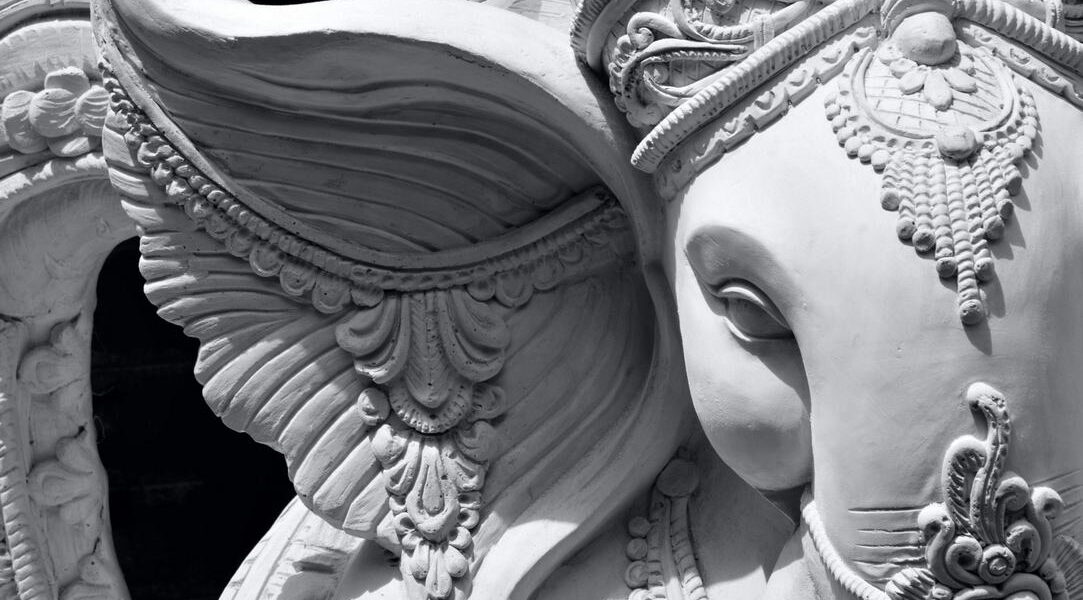Unravelling the Distinction between Intelligence and Wisdom
In the realm of human cognition, two fundamental concepts often interweave their threads to shape our understanding of the world: intelligence and wisdom. While they may appear synonymous on the surface, a closer examination reveals distinctive characteristics that set them apart. This article delves into the nuanced relationship between intelligence and wisdom, unravelling their definitions, significance, and how they influence our lives in unique ways.
Explore Meditation Retreats & Wellness Retreats
Explore Yoga Retreats with Tejomaia.com

Defining Intelligence and Wisdom
Intelligence can be likened to a bright beacon that guides our cognitive processes. It encompasses logical reasoning, problem-solving abilities, learning capacity, and information assimilation. An intelligent individual can rapidly process information, excel in academic pursuits, and adapt to new situations with relative ease. Standardized tests and IQ measurements often attempt to quantify this cognitive prowess.
On the other hand, wisdom embodies a more profound understanding of life’s intricacies. It is the ability to apply knowledge judiciously, recognize the nuances of situations, and make sound decisions that consider not only short-term outcomes but also long-term consequences and ethical implications. Wisdom is rooted in empathy, emotional intelligence, compassion, and a deep awareness of the human experience. Unlike intelligenc-e, wisdom tends to grow and flourish with age and experience.
The Paradox of Intelligence Without Wisdom
A crucial point of distinction between intelligence and wisdom lies in the potential for their misalignment. History offers numerous examples of individuals who possessed exceptional intelligence but lacked the wisdom to wield their knowledge responsibly. The development of nuclear weapons, unchecked technological advancements, and unethical scientific experiments are instances where high intelligence failed to prevent catastrophic outcomes due to a lack of wisdom. This raises the question: can intelligence exist in its purest form without wisdom, and what are the implications of such a scenario?
The Role of Experience and Reflection
Wisdom is often nurtured through experience and reflection. Life’s trials and tribulations provide the crucible in which intelligence is refined into wisdom. Through a process of trial and error, one learns to navigate the complexities of human relationships, grapple with moral dilemmas, and cultivate a sense of humility. Wisdom demands introspection and an open-mindedness to embrace diverse perspectives. As philosopher Socrates wisely noted, “An unexamined life is not worth living.”
Intelligence and Wisdom: A Symbiotic Relationship
While intelligence and wisdom have distinct attributes, they are not mutually exclusive. In fact, they often complement and enrich one another. An intelligent person can accumulate knowledge and discern patterns, which can serve as the foundation for cultivating wisdom. Likewise, a wise individual can harness their emotional intelligenc-e and ethical insights to make more informed and nuanced decisions.

In the grand tapestry of human cognition, intelligence and wisdom are two intricate threads that contribute to our understanding of the world and our place in it. As we navigate the complexities of modern existence, it is imperative to recognize the synergy between intelligence and wisdom. While intelligenc-e empowers us to grasp the mechanics of our universe, wisdom empowers us to navigate its depths with empathy, compassion, and ethical fortitude. Striving for a harmonious balance between these attributes can lead to a more fulfilling and purposeful life, allowing us to embrace the full spectrum of human potential.
Explore Meditation Retreats & Wellness Retreats
Explore Yoga Retreats with Tejomaia.com


